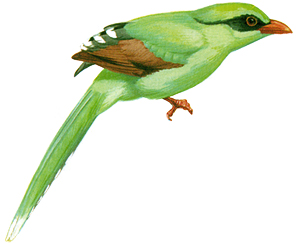Tablet Magazine has posted a book review for a new English version of At the Edge of the Abyss: A Concentration Camp Diary, 1943-1944.
Three things mark At the Edge of the Abyss as an utterly distinctive and unique work of Holocaust literature that must be read now that an English-language translation exists. First, the insider account of a camp; second, Koker’s literary and analytic abilities; and third, the only first-person report of an encounter between a Jew and Heinrich Himmler, head Nazi and overseer of all the camps.
[…]
Somehow, Koker also finds beauty inside the physical landscape of the camp. From one poem dated May 17, 1943: “The evening air so pure and intimate/ A sky that’s hazed in whiteness by the sun/ and trees with foliage in great profusion/ with glittering flecks of silver from the sun.†He is also occasionally magnificently insightful. Jan. 6, 1944: “The goal is neither happiness nor unhappiness. It’s the unfolding of human potential. The development of that piece of the universe that you represent, as it were, even when it happens at the expense of what people call the self and their own welfare. Actually, it always happens at their expense. By feeling a lot we expand the world.â€
One of the interesting aspects of the story is how the diary survived. The original documents have been digitised and can be found online at the Koninklijke Bibliotheek, GeheugenVanNederland


